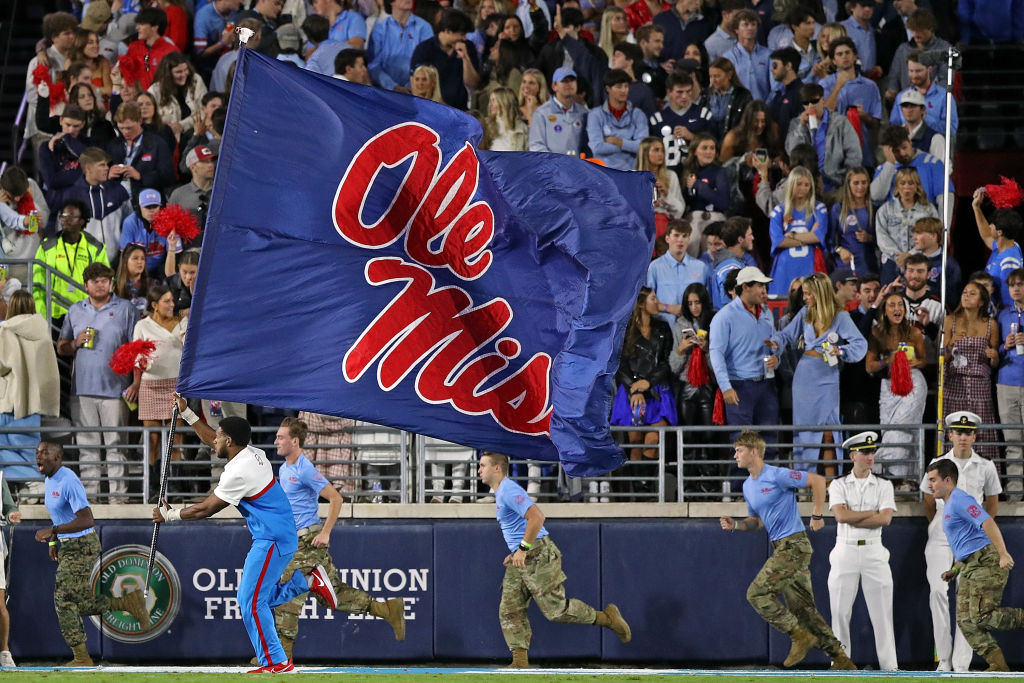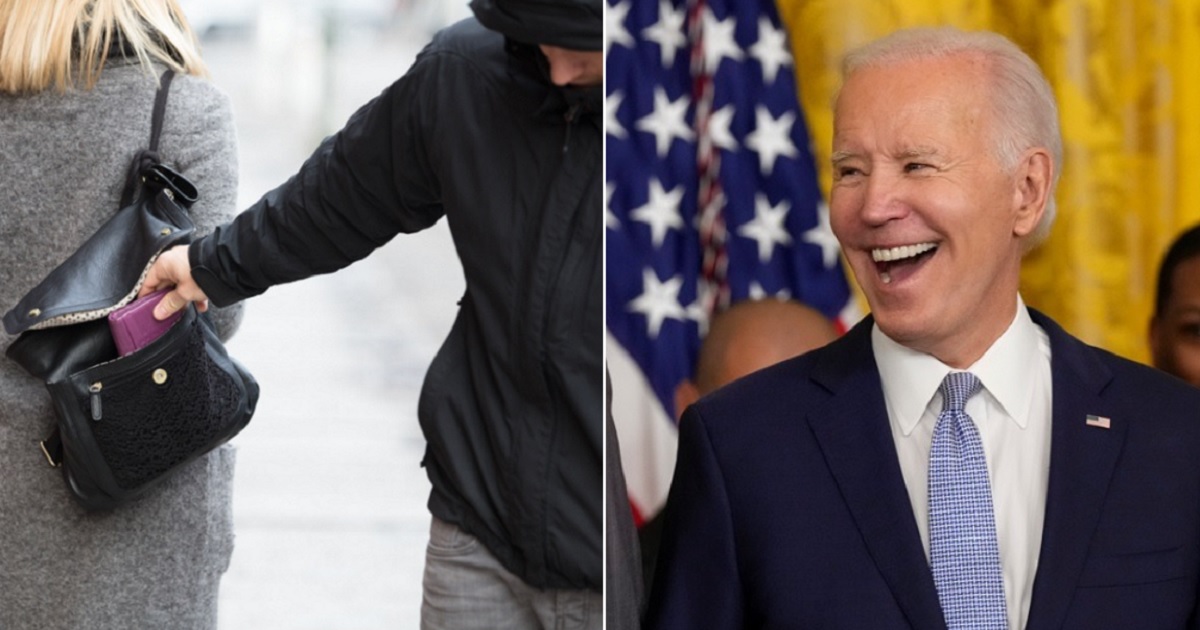303 Creative Is Just The Government’s Latest Attempt To Conflate Christian Sexual Ethics With Racism
Image CreditOlivia Hajicek
The United States Supreme Court heard oral arguments in the free speech case 303 Creative v. Elenis on Monday. Like the lawmakers on Capitol Hill who are presently conflating constitutionally protected traditional religious views on marriage with racial discrimination through the wrongly named “Respect for Marriage Act,” government attorneys are trying to make 303 Creative all about race too.
At the center of this case is Lorie Smith, a Christian, the owner of 303 Creative, and a Colorado graphic artist who declines to make wedding websites for same-sex couples due to her deeply held beliefs about biblical teachings on marriage. And while Smith is willing to serve customers regardless of their sexual orientation, she refuses to express the government’s anti-biblical view of marriage.
Alliance Defending Freedom’s President and General Counsel Kristen Waggoner, who is representing 303 Creative, argued Smith’s decision is constitutionally protected speech. The message a same-sex wedding website conveys about marriage is different from the message of a traditional wedding website, even if they use the same words, Waggoner said.
Brian Fletcher, an attorney representing the United States government on behalf of Colorado, argued that if the court upheld this distinction, it would permit racial segregation. When Justice Elena Kagan asked Fletcher what could happen if the court rules in favor of 303 Creative, Fletcher used as an example the Supreme Court’s decision in Runyon v. McCrary, a case about a private school that discriminated against black children in its admissions policy.
“It said the reason we want to do this is because segregation is important to our beliefs and that’s what we want to teach,” Fletcher said. “And this court said, you are free to teach segregation in your school, but you can’t act on that belief by excluding children of particular races.”
In other words, the court compelled the school to serve black students but did not compel it to express the government’s view on segregation. Fletcher said the case would have gone the other way if the court had adopted 303 Creative’s reasoning:
I think, if Petitioners are right, that case comes out differently as long as the school can come in and say, when we teach, we are expressing messages and those messages change when we express them to students of different races.
Although the court’s decision in Runyon v. McCrary did not mention freedom of speech, and even though the skin color of his students would not necessarily change a teacher’s pro-segregation message, Fletcher argued based on this comparison that the court should not protect Smith’s speech under the First Amendment.
“I do not mean to equate those who have different views about marriage to racists,” Fletcher said, “but the reason why I rely on those hypotheticals is because this court’s First Amendment jurisprudence does not distinguish between views we find odious and those we respect. The same principles apply in both cases, and if the principles lead to unacceptable places when
" Conservative News Daily does not always share or support the views and opinions expressed here; they are just those of the writer."





